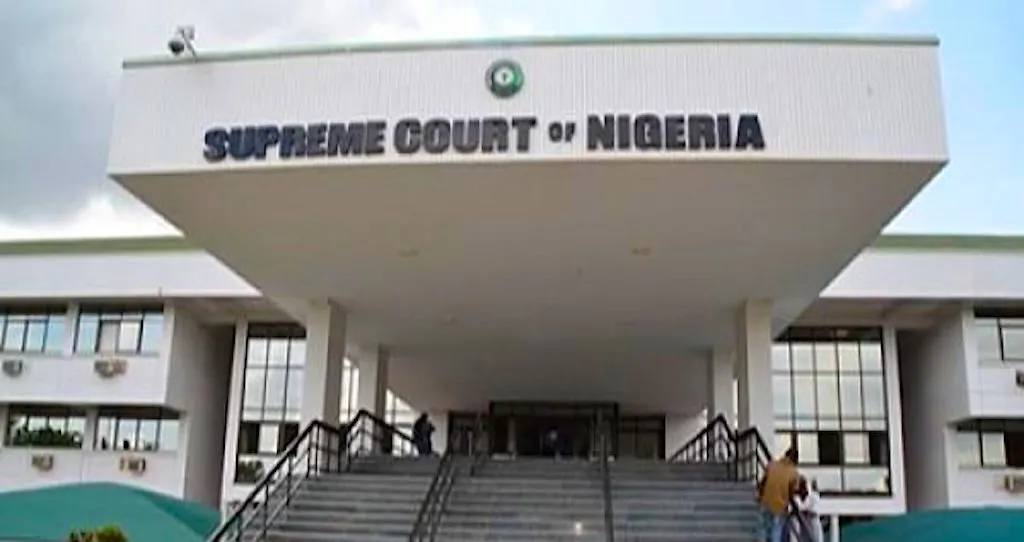
Supreme Court Reserves Judgment on Local Government Autonomy Case

The Supreme Court of Nigeria has reserved judgment in a high-stakes lawsuit filed by the Attorney-General of the Federation and Minister of Justice, Lateef Fagbemi (SAN), representing the Federal Government against the 36 State Governors of the Federation.
The suit, marked SC/CV/343/2024, seeks to enforce full autonomy for the 774 local governments nationwide.
The Federal Government is urging the apex court to put an end to state governors appointing caretaker committees to manage local governments. Instead, it calls for elected local government chairpersons and councillors to administer local governments as stipulated by the Constitution.
Furthermore, the suit demands that funds allocated to local governments from the Federation Account be paid directly to them rather than routed through state governments.
Leading a seven-man panel, Justice Garba Lawal announced that all parties involved would be notified once the judgment was ready.
During the hearing, parties adopted their respective processes, with the Attorney-General fervently advocating for the court to grant all reliefs sought by the Federal Government.
I adopt and rely on these processes. I urge my lords to overrule the various objections and grant the originating summons, stated AGF Fagbemi.
He addressed claims from several states that they were denied a fair hearing and not adequately served, clarifying that affidavits were sent via WhatsApp and emails, and court bailiffs served defendants at their state liaison offices in Abuja.
The Federal Government’s suit rests on 27 grounds, accusing state governors of gross misconduct and abuse of power by dissolving democratically elected local government councils and replacing them with caretaker committees.
The AGF seeks an order prohibiting such dissolutions and the establishment of caretaker committees, which he argues is unconstitutional.
The originating summons calls on the Supreme Court to invoke sections 1, 4, 5, 7, and 14 of the Constitution to declare the governors and state Houses of Assembly must ensure a democratic system at the third tier of government.
It further demands the court to declare the dissolution of democratically elected local government councils as unlawful, unconstitutional, null, and void.
The 36 states oppose the suit, urging the court to dismiss the Federal Government’s claims. They argue that appointing caretaker committees and managing local government funds fall within their constitutional rights and responsibilities.
The outcome of this case holds significant implications for the structure and autonomy of local governments in Nigeria, potentially altering the balance of power between state and regional governance.
Source: PUNCH
Read more: Bridgerton Season Four Release Could Take Up To Two Years, Writer Confirms
About The Author
Related Articles
Tinubu Government Delays Release of Signed Tax Acts to the Public
Four days after President Bola Tinubu announced the signing of four tax...
ByMayowa DurosinmiJune 30, 2025As Tinubu Urges Africa-Caribbean Unity in Saint Lucia, Over 272 Nigerians Killed in June Alone
While Nigerians deal with deadly violence, worsening hunger, and mass flooding, President...
ByWest Africa WeeklyJune 30, 2025You Can’t Tax a Dead Economy: Nigeria Is Suffocating Under Its Own Policies
As Nigeria’s Central Bank clings to its benchmark interest rate of 27.5...
ByWest Africa WeeklyJune 30, 2025“Wike is Not a Blessing to Us, He’s a Disaster” — Workers Protest in Nigeria’s Capital Over Unpaid Wages, Poor Working Conditions
Staff members of the Federal Capital Territory Administration (FCTA) in Abuja barricaded...
ByOluwasegun SanusiJune 30, 2025











